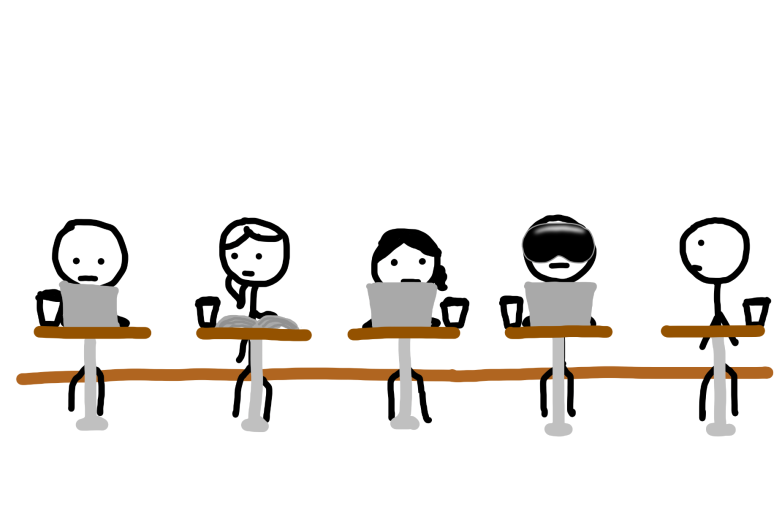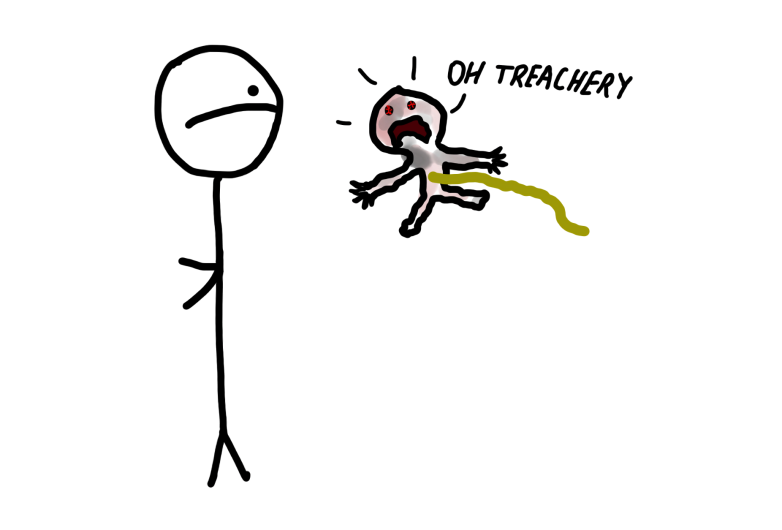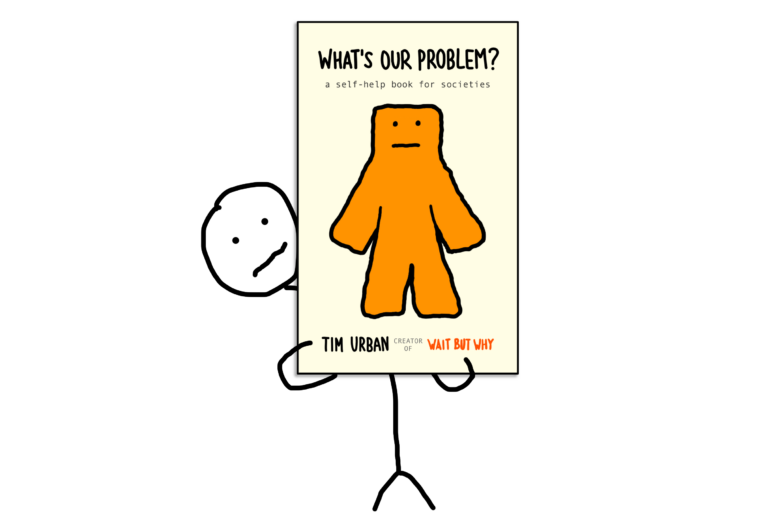This is a mini-post by Wait But Why co-founder Andrew Finn, who occasionally emerges from his cave to write mini-posts on economics, sports, politics, business, and other things that really grind his gears. He is a definitely not a professional writer, and he does not spend 100+ hours on his posts, so please moderate your expectations appropriately. Finn’s Cave post ≠ normal Wait But Why post. Thanks, good talk.
Soccer is the favorite sport for a measly 2% of Americans – despite the fact that soccer is by far the most popular sport globally. Why?
To start, sports are entertainment, and cultural values drive entertainment preferences. And at the heart of American cultural values is an exceptionally strong sense, and deep love for, the concept of justice.
The “American Dream” is a story about justice. Those who are honest, hard-working, and persevere get what they deserve. They get success. Upward mobility is justice.
In sports, Americans want to optimize for justice. We want the team who won to have earned it – they played harder, they had more talent, they played more as a team, they were more clutch. The best team doesn’t always have to win, but they have to deserve their victory.
Which brings me to soccer…
Soccer is where sports justice goes to die.
Some examples:
1) One goal makes a huge difference in soccer where the average World Cup game has 2.86 total goals, and referees can play an enormous role in the scoring of a goal. A missed offsides call. A bad call in the penalty box resulting in a penalty shot (7.4% of all World Cup goals). A red card given for a minor infraction that tilts the odds. There is a tremendous incentive for players to shamelessly cheat. Goals are sometimes not deserved and feel completely divorced from justice.
2) Regular season and pool-play games can end in a draw. Therefore, one team may not be incentivized to win the game, and thus the terms of the contest are not equal (one team trying to win, another team being happy with a draw). And ultimately when there is a draw, there is no winner. We do not find out which team is better, and there is no justice.
3) Knockout games can end in a shootout. A team can win a game merely by fighting to a draw, and then being better at penalty kicks. The World Cup can be decided, not by soccer played on the field, not determining which team is the fittest and has the strongest will, but by the team who is better at one specific skill. There is no justice.
4) A team can absolutely dominate a game…and still lose. See: USA 2, Ghana 1. It’s fun when your team that pulls off an absurdly lucky, miracle victory, but I cannot imagine how much it must have sucked to be a Ghana fan yesterday.
If soccer is going to ever succeed in mainstream America (or just be a better sport in general), it should adopt the following changes:
Penalty Kicks/Fouls in the Box
A) No penalty kicks, ever, to decide a knockout game. Take players off the field if you have to (e.g. after the first overtime, go down to 10 on 10, after the second go to 9 on 9), but make the fittest and grittiest team win the game on the field. It takes away all incentive for one team to spend the entire game playing for a shootout.
B) Video review all penalties resulting in a penalty kick. Duh.
C) There should also be differing levels of fouls inside the box – a penalty kick should only be given if a goal scoring opportunity was impeded. Otherwise, a direct free kick does the trick.
D) When penalties occur in attacking situations, they should be delayed, hockey style – let the attacking team keep trying to score until there’s a change in possession, as opposed to letting advantage end at some point.
Yellow and Red Cards
A) Video review all penalties resulting in a red card. Taking a player off completely changes the course of the game, and you have to get it right.
B) For a yellow card, do what rugby and hockey do – send the player off the field for 10 minutes. Here’s why that works well:
- A yellow card becomes a legitimate penalty that benefits the current opponent…not something that might hurt you down the road and benefit some random future opponent who has no role in this game.
- Diving is reduced because a yellow card becomes a real negative at the moment it is penalized.
- The game is more exciting and there is more scoring because you will have uneven numbers of players sometimes – “power plays” are awesome.
Injuries
A) Injuries should not stop the game unless there is an injury risk – it is an absurd tradition. They don’t stop the game (or the clock) in rugby, a far more brutal sport, when someone gets hurt, why should they stop it in soccer? All it does is incentivize faking injuries.
B) If you are going to allow an injury to stop the game, you HAVE to make it stop the clock. You can’t allow players to shorten the game by faking injuries – when USA lost to Ghana in the last World Cup, Ghana faked maybe five minutes worth of injuries, which seemed like were matched up with about three minutes of injury time. The game clock on the screen not being “official” kind of upsets Americans.
C) If you have to get taken off the field in a stretcher, you should be out of the game.
Soccer can be amazingly dramatic and entertaining, and I absolutely love the World Cup. I’m also firmly aware that soccer is doing just fine and doesn’t give a crap about what will make Americans love it more…but like any good American, I can’t keep my opinions to myself.
Related Wait But Why Posts:




